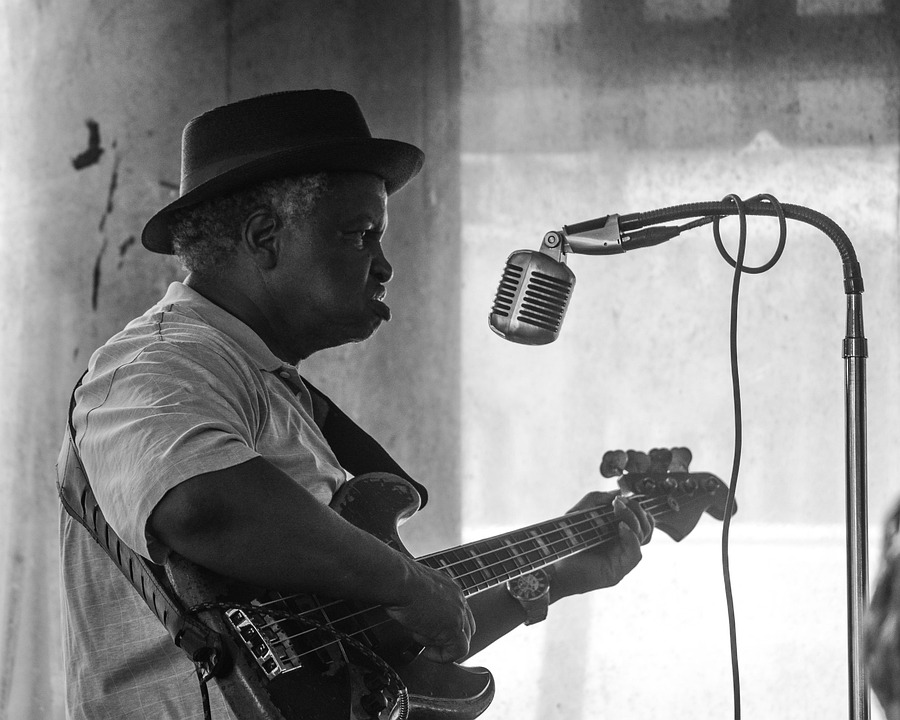Richard Bennett, the Special Rapporteur for monitoring human rights in Afghanistan – who serves independently under a mandate from the Human Rights Council and is not a UN staff member – said the General Assembly on the human rights situation in the country »continues to deteriorate and there is little reason for optimism.»
He warned of intensifying gender-based persecution, increased corporal punishment, forced disappearances and attacks on former officials despite the declared amnesty.
There are also increasing restrictions on media freedom and civil society, as well as discrimination against ethnic and religious minorities, including forced evictions affecting Hazara communities.
Restrictions on women and girls continue
He noted that no Taliban decree restricting women’s rights has been reversed.
“Many Afghan women are denied their right to work,” he said, highlighting recent measures preventing Afghan women working for the UN from entering UN premises. “This is a serious violation of fundamental rights and United Nations Charterprinciples of equality and non-discrimination.
Mr Bennett also criticized the sharp reduction in humanitarian and civil society funding, which he said removes “the last lines of protection” for a population already facing widespread deprivation.
He urged governments to reaffirm their commitment to providing sustained, long-term support, particularly to Afghan-led and women-led organizations.
Protecting refugees from danger
The Special Rapporteur further warned against the mass forced return of Afghan refugees, urging all States to respect the international legal principle of non-refoulement, which prohibits the return of people to places where they risk persecution or serious harm.
Although the situation remains serious, Mr. Bennett highlighted signs of progress on accountability.
These include the International Criminal Courtthe issuance of arrest warrants by the Human Rights Council for senior Taliban leaders and the recent establishment by the Human Rights Council of an independent investigative mechanism to collect and preserve evidence of serious crimes for future trials.
“This is not a lost cause”
“Afghanistan is not a lost cause,” Bennett told delegates, emphasizing that accountability is an “essential element” of building a future rooted in justice, equality and the rule of law.
“Turning away now would not only betray the Afghan people – it would undermine the foundations of our common international system.» he said.
He urged states to engage with Afghanistan “in a principled way that avoids the normalization of Taliban rule until there are demonstrated, measurable and independently verified improvements in the human rights situation – particularly for women and girls”.
Originally published at Almouwatin.com








